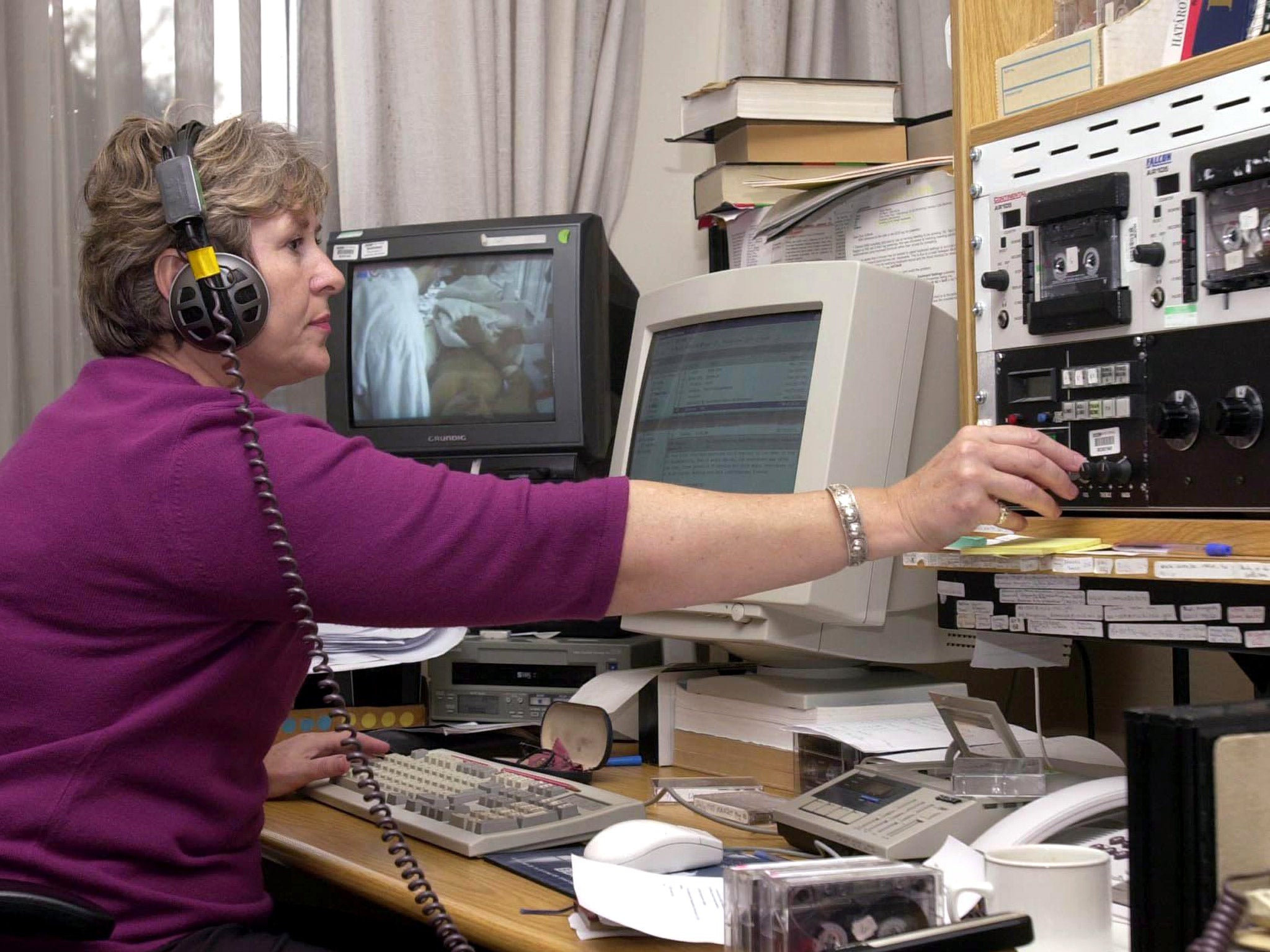'Spending Our Cash Recklessly On A Totally Empty System': 6 years and £8.3m later, there's still no sign BBC's foreign monitoring technology Socrates
Revolutionary computer system it promised to revitalise the text-based current system with artificial intelligence and the means to translate myriad languages from audio into written English

The BBC called it "Socrates" but, unlike the great Athenian philosopher, the crucial technology system at the corporation’s global nerve centre has not added much to the sum of knowledge – only an enormous bill for the public.
Journalists at the ornate Caversham Park building in Berkshire, from where the BBC has monitored foreign media broadcasts for more than 70 years, are aghast at the profligacy of a project that has cost £8.3m but is not operational.
The 370-strong BBC Monitoring division, which analyses and translates into English radio and television bulletins in around 100 foreign languages, is having to monitor the world’s media with what one member of the team described as “antiquated and temperamental equipment that belongs in a museum”.
Socrates was meant to change that. A revolutionary computer system from the Cambridge-company Autonomy, it promised to revitalise the text-based Caversham system with artificial intelligence and the means to translate myriad languages from audio into written English. So sophisticated was this Technology Refresh Project that it was given a lofty acronym based on its anticipated benefits. Specialised, Open source, Collection, Reversioning, Archiving, Tailored, Export, System - Socrates!
It was supposed to be operational in 2009 but, six years after it was commissioned and despite an expenditure of £8,346,847 (a figure released by the BBC in response to a Freedom of Information request), BBC Monitoring is still using its old text system.
Staff are especially angry because the computer spending has coincided with a £3m cut in the department’s budget and the loss of at least 60 posts. One said the computer system’s name was better reflected by the words “spending our cash recklessly on a totally empty system”. However, it is understood that not all the £8.3m costs will be borne by the BBC.
During the long process of trying to get Socrates operational it was the subject of numerous authorisation meetings attended by the BBC’s most senior figures including the former Director General Mark Thompson, the current acting DG Tim Davie, when he was Director of Audio & Music, and the former Director of News Helen Boaden, now Director of Radio.
BBC Monitoring’s position is delicate because from the financial year 2013-2014 it must be funded by the BBC, having previously received subscriptions from various parties including the Foreign Office, the Ministry of Defence and the BBC World Service. It is seeking to grow its base of commercial customers by offering a specialist information service of “media trend analyses” and “country profiles”, and claims an “understanding around local nuances” and “on the ground insight”. An “advanced technology infrastructure” is also part of the pitch.
Among its notable successes was its exposure of Iranian TV’s distortion by deliberate mistranslation of speeches given by Egyptian President Muhammad Mursi and by the United Nations Secretary-General Ban Ki-moon, in order to remove criticisms of the Iranian regime last year.
BBC Monitoring’s expertise in Ethiopia enabled it to be ahead of other news organisations in detecting the significance of the absence from local media of Prime Minister Meles Zenawi, who was in bad health and died last August. It is also vigilant in tracking incidents of satellite jamming, which has been a recent problem in countries such as Syria and Iran.
But staff are having to work without the new technology they were promised. For Autonomy, which was bought by Hewlett Packard in 2011, the flawed project is a further embarrassment after the recent public spat between the American company and Autonomy’s former boss Mike Lynch. HP has accused Lynch of inflating the company’s revenues, which he denies.
In a statement tonight, it was confirmed that the Socrates project had ended. “The BBC and Autonomy have reached an amicable settlement to conclude the 2008 contract to provide an IT system to the BBC.”
In FoI responses, the BBC claimed that the Socrates project had delivered numerous benefits, including a “source data repository” and a software platform to “facilitate future developments”.
Socrates himself was, of course, put to death in 399 BC. The BBC computer system that took its name from him may have suffered the same fate.
The story of BBC Monitoring Service
The BBC Monitoring Service was set up in 1939 by the Government with the backing of the Pentagon to monitor the broadcasts of enemy countries during the Second World War. It provided information to both the BBC News division and the Government’s Ministry of Information.
It originated in a collection of wooden huts near Evesham, but moved in 1943 to its present home, Caversham Park, a 160-year old Italian baroque style stately home on the outskirts of Reading. In the modern era it is known simply as BBC Monitoring and has become a key tool in decoding the propaganda of dictators and analysing changing political and social conditions in nations rarely covered by global news organisations. Typically its antennae might be picking up more than 30 television broadcasts and 100 international radio networks at the same time. It has numerous overseas offices in such regions as the Caucasus and the Middle East.
Join our commenting forum
Join thought-provoking conversations, follow other Independent readers and see their replies
Comments